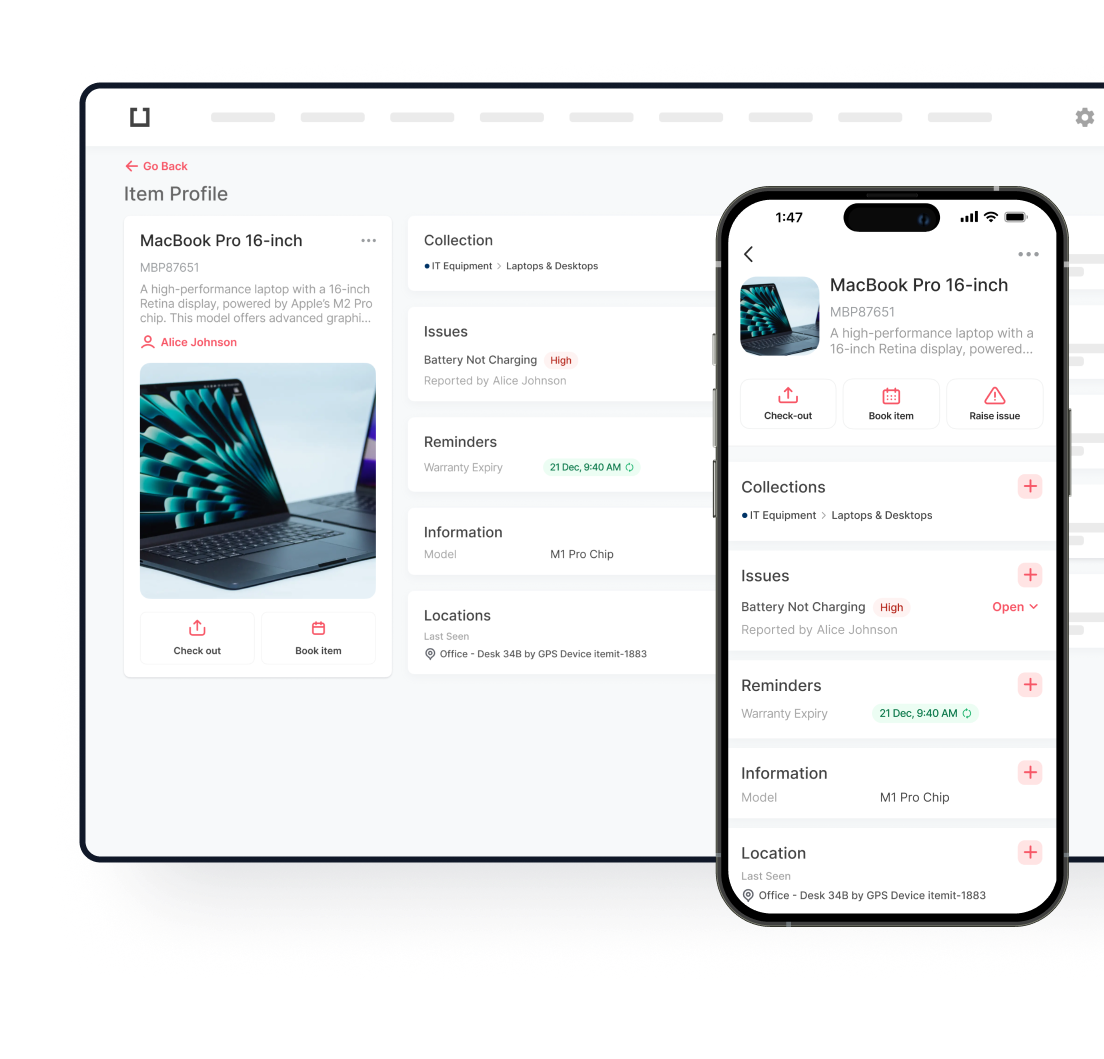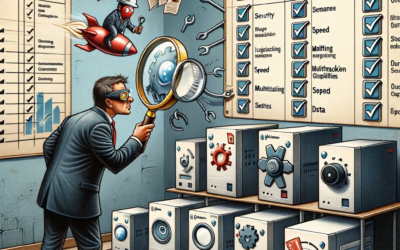Fixed asset RFID tracking is the future of equipment tracking. RFID offers more automation, more control, and more visibility over how your assets are behaving.
You also get a lot of functionality that wasn’t possible in the past, such as the ability to scan and audit a bulk of assets at once, from a distance. This is great for all industries, whether you’re looking to increase your health and safety procedures or simply keep an eye on your assets in a much more hands-free way.

What Is Fixed Asset RFID Tracking?
Fixed asset RFID tracking is a form of fixed asset tracking system. This system allows you to use the latest RFID technologies to track and manage your assets.
In essence, you’ll be able to log each of your assets as a unique profile. This profile can be populated with critical information, such as asset finances, prices, issues, and maintenance data.
RFID then gives you automation over asset location tracking and asset audits. With RFID, you’ll be able to walk into a room, pull the trigger on your handheld RFID reader, and verify that all of your assets are where they should be.
Fixed RFID asset tracking takes this one step further as, with fixed RFID, whenever an asset moves the change will log automatically in your fixed asset management software.
How Is RFID Innovative?
RFID gives you access to the cutting-edge. Even a few years ago, the gold standard for asset tracking was the use of spreadsheets, and this has already progressed in leaps and bounds.
Asset tracking software allowed for more speed, more visibility, and more automation in terms of your asset tracking operations. RFID capabilities take this one step further, giving you even more automation and even more control.
RFID is still growing, too, with every new development giving you the ability for more granular, more minute equipment tracking, helping your business save as much time and money as possible.
What Is The Future Of Equipment Tracking?
Equipment tracking will continue to develop with new technologies and new capabilities. Therefore, RFID will become more accessible to SMEs as well as large organisations.
There are a few difficulties at the moment that are already getting fixed, such as the need for equipment tracking software to be developed bespoke to include RFID capabilities.
This is no longer the case as now you can opt for off-the-shelf fixed asset RFID tracking software. This way, you get the same benefits of adding data to unique, singular fixed assets while also having benefits in terms of the day to day tracking of these assets.
RFID, therefore, marries fixed asset management capabilities, such as streamlined excel exports, depreciation, maintenance management and user tracking with technological advancements in automation.
itemit’s RFID Asset Tracking Software
itemit’s fixed asset RFID tracking software is the only system you can get off-the-shelf. The system has in-built RFID capabilities, meaning you can plug-in and play on day one, rather than spend months building and paying for a bespoke system.
With itemit, you can mix and match capabilities, too, meaning you can track assets with GPS trackers, RFID, QR tags and barcodes simultaneously.
This gives you the highest level of transparency, control, and automation possible on the market, as well as the highest ROI. itemit is affordable, easy to use, and built for effective equipment tracking.
To find out more about itemit and how it can help your business, you can contact the team at team@itemit.com. You can also fill in the form below to start your very own 14-day free trial.

Try itemit
Choose a better way to track your assets. Start your free 14-day trial now!

Keep Learning
itemit Blog
Tips, guides, industry best practices, and news.
The Use Of Artificial Intelligence And Equipment Tracking Systems
Can using artificial intelligence alongside your current equipment tracking system make a difference to your business? Read this article to find out!
Hospital Equipment Tracking Made Easy
Find it hard to track hospital equipment? Learn how using equipment tracking software can make tracking everything so much easier!
Tips For Choosing The Right Equipment Management Software
Want to know how to choose the right equipment management system/software so you can track your assets? Read this article now to find out!

